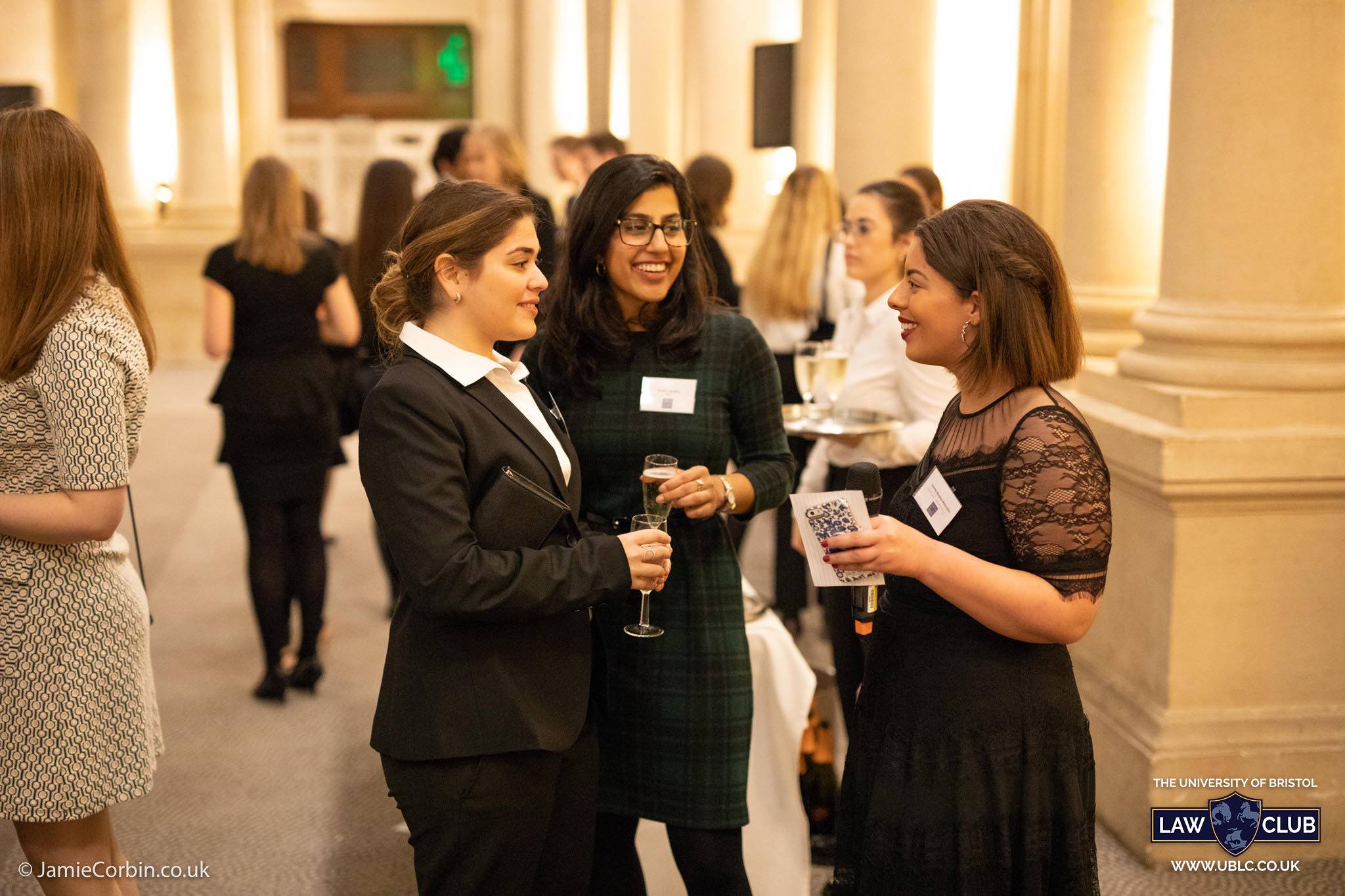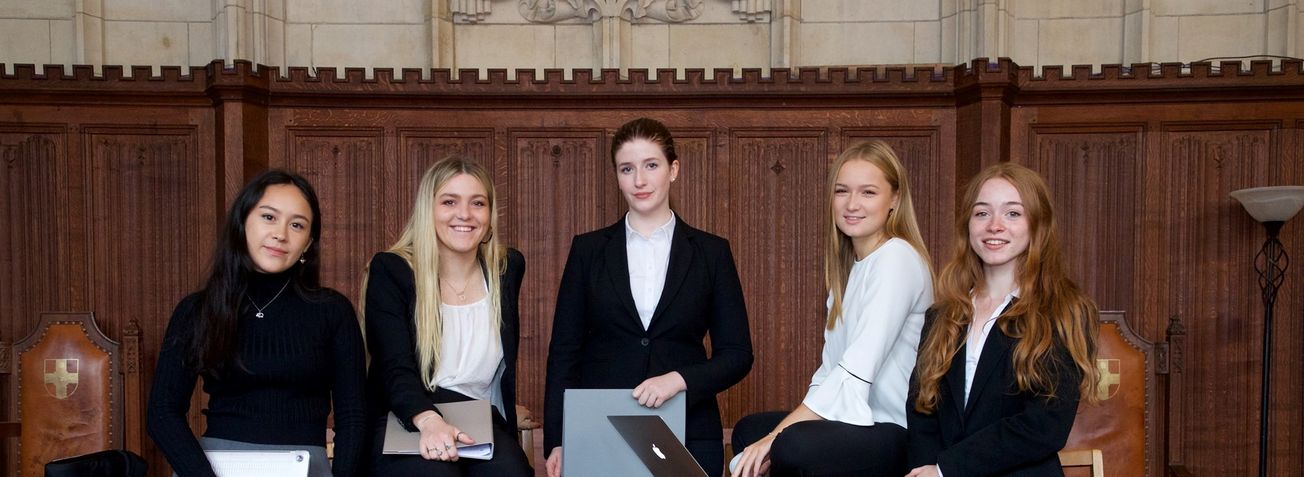By Isaac Chambers, First Year Law
A law professor once told a friend of mine that ‘a woman in law has to sit on a lot of laps to get to where she needs to be’. For her, myself, and many others, it has become clear that the legal profession, which is meant to be a beacon of justice and equality, is failing women.
2017 saw the emergence of the ‘#metoo’ social movement, which swept across the world in the wake of the Harvey Weinstein scandal. This movement also permeated the legal world and highlighted many of the barriers that women still face.
Despite legislation striving to achieve gender equality, informal and structural barriers continue to exist. Senior positions in law firms, chambers and judiciary are still dominated by a single group – white men, often from privileged backgrounds.
Since 1993, 50% of the entrants into the legal profession have been women; but 26 years on, less than 20% of partnership roles are filled by women. Big city law firms struggle to recruit and retain female talent. On average it takes 9–12 years to make partner. If the status quo remains the same, without any extraordinary measures being taken, women will only make up 30% of equity partnership in Big Law by 2081.
The Bar itself has admitted that gender equality will not be achieved in the foreseeable future, and based on current trends, the same will happen at the top level of Queen’s Counsel.
Senior positions are still dominated by a single group - white men
After interviewing a female law student, who has asked to remain anonymous, it has become clear that the education system that is meant to be teaching equality and justice is not fulfilling legislators’ goals. She believes ‘that traditional success comes at a price, which is often through workplace relationships with men who hold power’.
Her experience is not unique; rather it highlights three crucial issues that are rampant in our society and in the legal profession: sexism, misogyny and sexual harassment. This problem is often not addressed, and many go to great lengths to avoid confronting it, so as not to antagonize the senior (and often male) decision-makers.
It is these senior colleagues that junior female barristers often have to rely on in order to advance their careers; this makes them highly vulnerable to exploitation. The Behind the Gown initiative was set up to tackle and highlight the harassment which is endemic in chambers and court.
The Bar Council’s myopic attitude to sexism is apparent, from the fact that they had not worked to tackle these issues prior to the ‘MeToo’ movement. It was only after social movements began across the globe and the Behind the Gown initiative took action that they began to address the issue and made a public statement of support on their website. This act, to me, seems more like sweeping the issue under the rug by trying to get ahead with PR statements than actually working to find ways to address the structural inequality and the apparent glass ceiling which exists in the legal profession.

People who deny the existence of the glass ceiling in the legal profession cite meritocracy as the reason for senior roles being filled by the ‘right’ people. If women are underrepresented in senior legal positions, then the logical arm of the argument is that female lawyers do not merit reaching the top, which is nonsense. Those who deny the glass ceiling are suggesting that it is the people applying who need to change; they are not addressing the structural inequality which plagues the legal profession.
The UK Supreme Court has only three female justices following the appointment of Lady Arden in 2018. Women are slowly shattering the glass ceiling. However, if they are able to make it through the shards and to the top, there is the additional struggle of getting their voices heard by a male-dominated head. It is also important to note that BAME women are still not represented in the Supreme Court.
The court fails to reflect an accurate cross section of society.
It is time for the government to step in and address this issue by introducing affirmative action as they did in the US. The government needs to ensure that legal firms have a quota reserved for women and that firms provide equal opportunities for both junior and senior roles. This will stop women from being overlooked for jobs based on their gender. This also includes taking note of the nuances that race plays for BAME women trying to break into the industry.
Society needs to turn to legislators
This will have a more immediate effect than social campaigns and waiting for gender equality to even out and attitudes to change. It would not only have an immediate impact on women taking on senior roles, it would also allow them to mentor other women who can progress to senior roles and perpetuate a positive cycle.
Now is the time to demand change. The fixation on appealing to the sensibilities of society’s privileged white men is why the status quo has not changed much in 30 years. If firms and chambers are unwilling to partake in honest self-reflection and work towards equality, then society needs to turn to legislators.
Featured: University of Bristol Women in Law Society
What do you think could be done to improve equalities in law?









